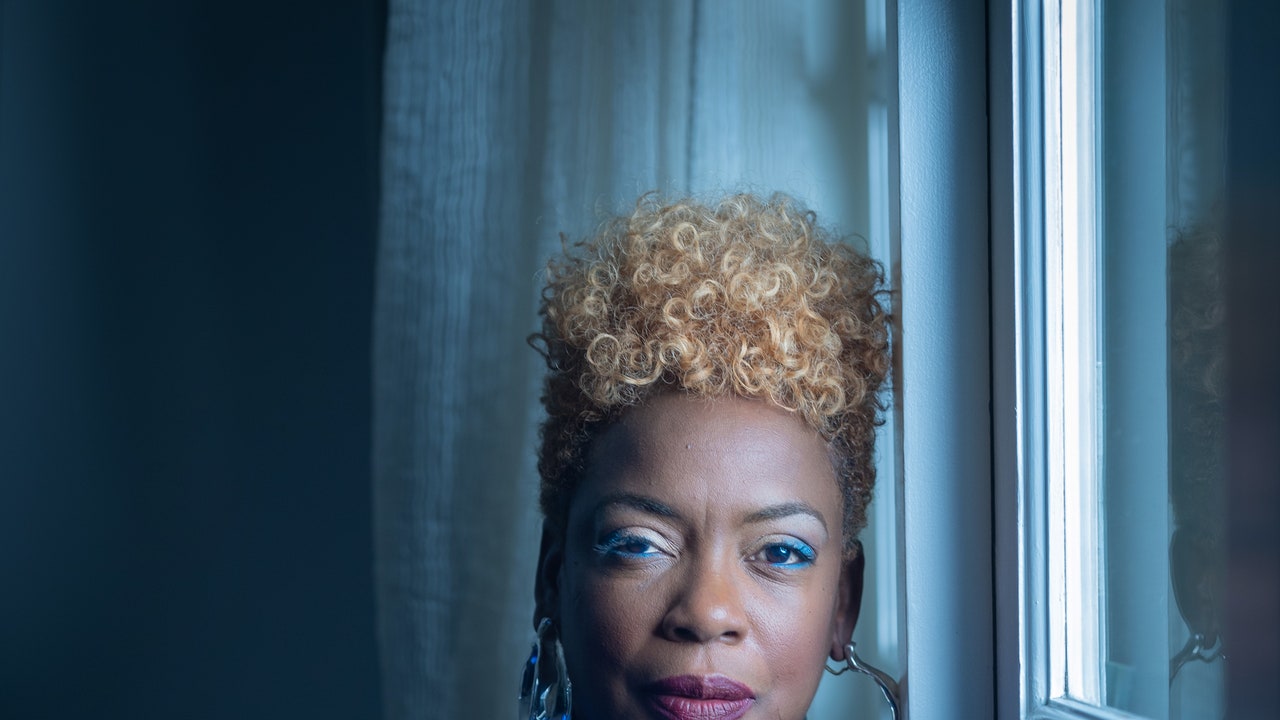Aunjanue Ellis-Taylor never shies away from the tough conversations. This quality has proven especially valuable when it comes to Nickel Boys, widely
Aunjanue Ellis-Taylor never shies away from the tough conversations. This quality has proven especially valuable when it comes to Nickel Boys, widely acclaimed by critics as one of the year’s best films—but also one that’s been labeled “difficult” as it continues traveling the awards circuit. “With a lot of films that we have in American cinema, particularly, the film does the work for us,” Ellis-Taylor says on this week’s Little Gold Men (read or listen below). “The film provides the resolution, the film provides the hope for us. But Nickel Boys is asking something else—and that’s uncomfortable.”
RaMell Ross’s striking adaptation of Colson Whitehead’s Pulitzer Prize–winning novel, which draws from the true story of the abusive reformatory Dozier School in Jim Crow–era Florida, confronts a brutal chapter in American history through a radical first-person filmic POV. Ellis-Taylor plays one student’s grandmother, Hattie, who’s struggling to bring him back home. In increasingly devastating scenes, she breaks painful news while looking direct to camera. “I’m tremendously affected by what happened to these boys,” she says. “Looking in [their] eyes, I don’t need much to be triggered—but that’s very triggering for me.”
It’s the latest in a line of powerful, emotional performances from Ellis-Taylor, whose movie career took off in her early 50s with King Richard, for which she received an Oscar nomination in 2022. Last year, she led Ava DuVernay’s ambitious, globe-trotting Origin to great acclaim, though the film struggled at the box office. She’s still fighting for great roles, realizing her road remains tougher than some of her contemporaries. Ellis-Taylor knows it’s significant to talk about that experience too.
Vanity Fair: You described for me a few years ago the process of “stalking” RaMell Ross. What about him and his documentary, Hale County This Morning, This Evening, struck you back then?
Aunjanue Ellis-Taylor: Those first few moments, it’s also shot in POV. It’s a car driving really quick down a highway in Alabama, and you feel like you’re in the middle of a video game. But it’s also trees, and it’s houses, and it’s real. I knew immediately that I was in for a two-hour experience that I had not experienced up until this point. I believe in cinema. Seeing the way that he captured the lives of that community in Alabama—I see a lot of photography and film, even writing, about Black Southern life, and I very rarely feel that I’m reflected in it, or truly witnessed by it. I never feel like I’m seeing the work of kindred. But when I saw Hale County, I said, “That’s my people. That’s my people.” It was a kind of intimacy in his work, and he carried that through with Nickel Boys.
What was he like as a director?
He’s one of these directors where you don’t feel like you’re being directed. I had one scene in particular where he was really trying to get something specific. I was struggling with it. We did a lot of takes that day. But he’s a lovely human being—I’m sure you’ve picked that up from being around him—and he’s a big-hearted director. He has an openness, a generosity, and he’s also a freaking genius. That’s a great combination in a director. He has that brain, but it’s not cool. I’ve had that experience where someone is artistically driven in every way, and you could be there or not be there.

COMMENTS